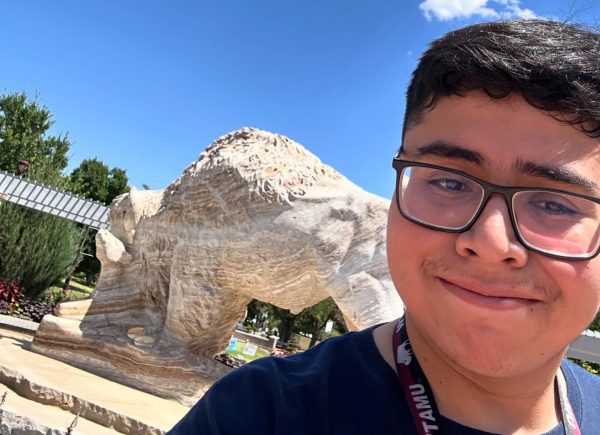Diversity in college admissions: Legitimate or lies?
College admissions have become highly competitive in recent years. High school students run themselves ragged trying to maintain a high GPA, while also proving they are “well-rounded” with sports, campus organizations and volunteer work. In spite of all this hard work, they grapple with the thought that their true selves may not be enough to get them into their college of choice.
Affirmative action allows colleges to consider race and ethnicity as a factor of evaluation when reviewing applicants. Although the consideration of applicants’ race and ethnicity are still just one piece in the admissions process, they are a part of what makes applicants unique. Diverse applicants have the potential to bring unique perspectives to higher education, which is part of what the system is trying to highlight through these efforts.
According to the Center for American Progress (CAP), “Affirmative action is one of the best tools college and universities have to promote diversity and ensure that those who are otherwise shut out of the American postsecondary system have a chance to earn a quality degree.”
Affirmative Action in higher education appears to be a positive policy, but what about when students try to cheat the system?
In a recent study, Intelligent.com asked 1,250 white college applicants ages 16 and older if they lied on their application by indicating they were a racial minority. 34% of the surveyed respondents indicated that they did falsely claim to be a racial minority on their application.
In addition, 48% of the students who lied claimed to be Native American on their applications. Between the other options of claiming to be Black, Latino or Asian/Pacific Islander, it appears that the majority of students thought claiming to be Native American was the safest bet.
Although lying about being a minority may or may not have contributed to the admission of these students, three-fourths of the individuals who falsely claimed minority status on their applications were accepted by the colleges they lied to.
This type of dishonesty completely counters the purpose of affirmative action. Instead of minority applicants getting a more equal opportunity in the college admissions process, non-minority applicants are using falsified minority status to give them an extra leg up above non-minority applicants who are honest about their race and ethnicity.
“I think students who want a leg up are always looking for ways to get that leg up, even if it might be in the immoral fashion of lying about their background,” said Beata Williams, contributor for Intelligent.com.
While the majority of college applicants do not lie about their race and ethnicity, the ones that do lie show that such efforts to improve diversity in colleges and universities have downsides that may not have been considered before. Instead of increasing the likelihood that racially and ethnically diverse students will be admitted to college, the ability of non-minority applicants to claim minority status and use that claim to boost their application takes away any advantage a minority student might gain from their background.
Improvement requires constant effort and more effort is needed to increase legitimate diversity in the college admissions process and reduce the ability of applicants to hijack the system.

My name is Hannah Valencia. I am a senior strategic communication major from Santa Rosa, California. I love to write! My favorite part of working with...

















